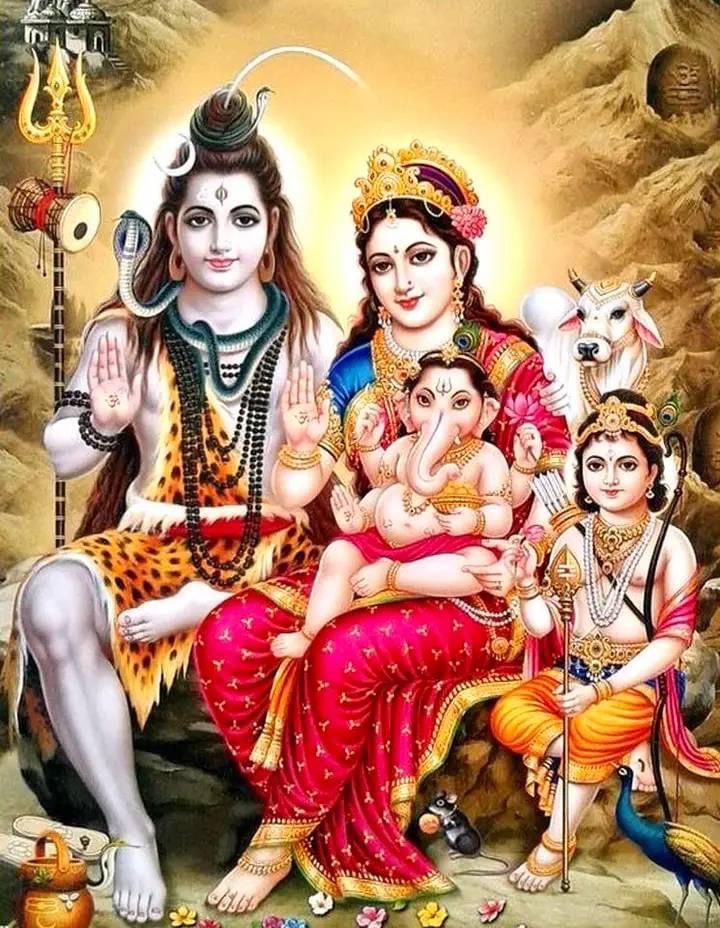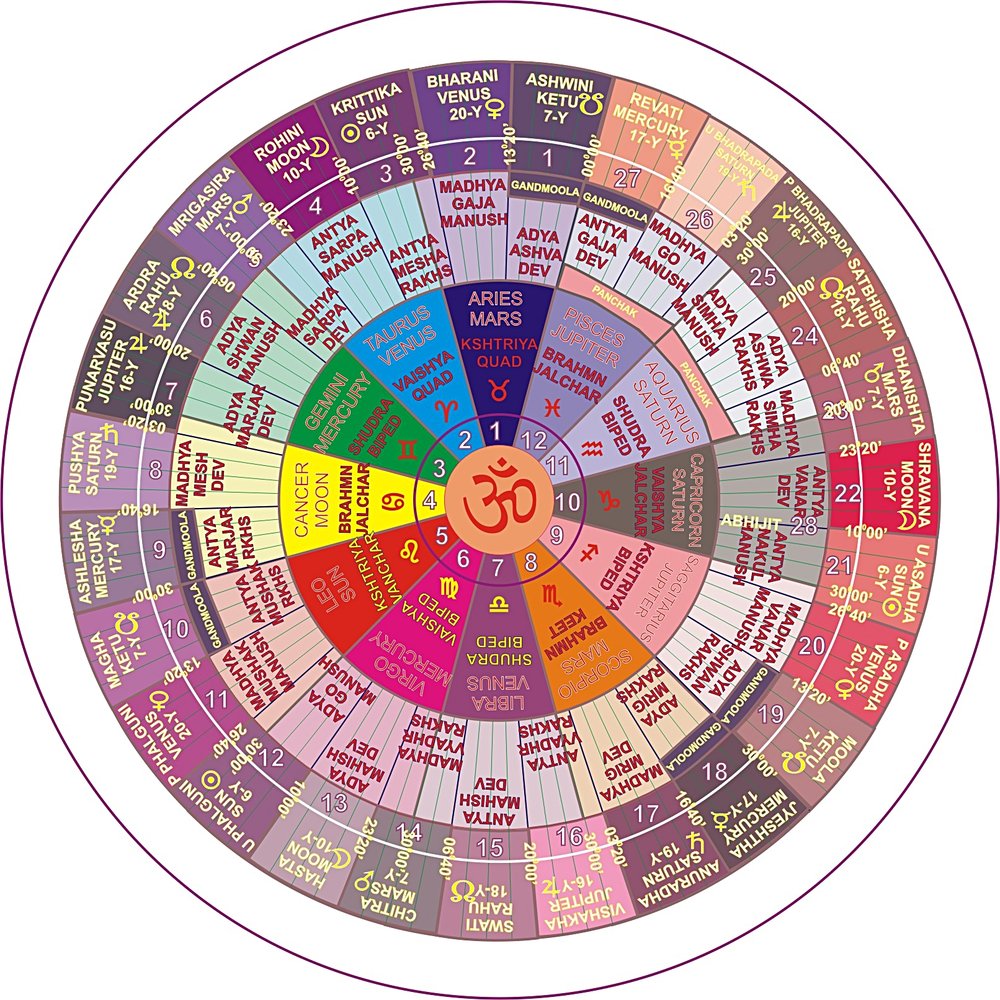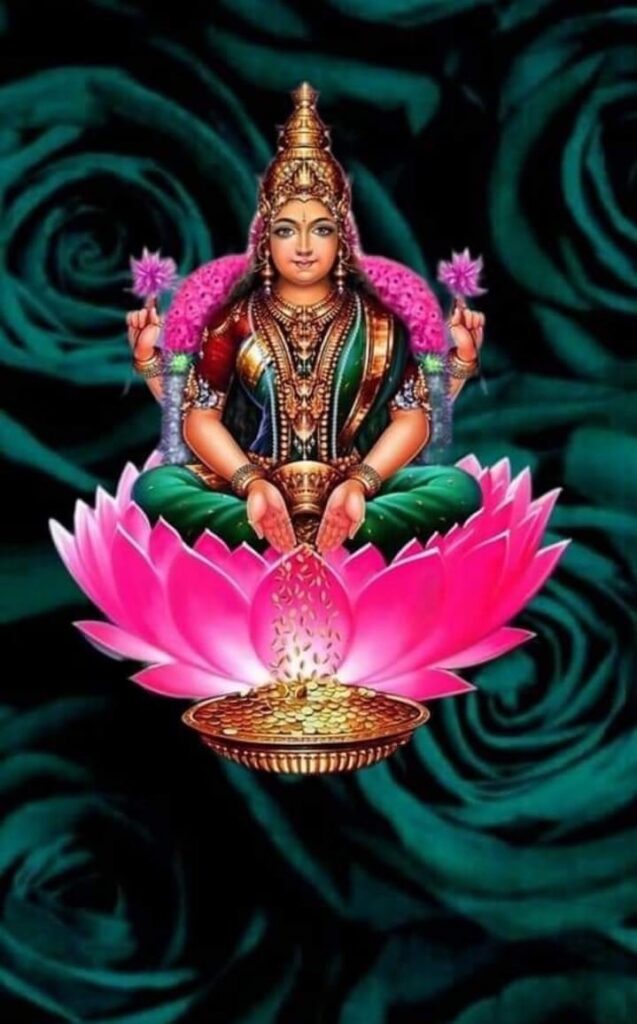Shravan Month: A Divine Period of Devotion and Auspiciousness
Introduction https://analystastro.com/अतिसंक्षिप्त-शिव-अभिषेक/
The month of Shravan holds immense significance in Hindu culture and is considered one of the most auspicious months of the year. This holy period, usually falling between July and August, is dedicated to Lord Shiva, the supreme deity of destruction and transformation. Devotees across India observe various rituals and practices during this time to seek blessings, perform penance, and deepen their spiritual connection. In this article, we will explore the traditions, customs, and spiritual significance associated with the sacred month of Shravan.
Table of Contents
- The Significance of Shravan Month
- Rituals and Observances during Shravan
- Auspicious Mondays: Somvar Vrat
- Offering Holy Water: Abhishek
- Fasting: Shravan Somvar Vrat
- Rudra Abhishek
- Kanwad Yatra
- Jhula Festival
- The Legend of Shravan
- The Churning of the Ocean
- Emergence of the Holy Poison
- Lord Shiva Saves the Universe
- The Spiritual Significance
- Seeking Lord Shiva’s Blessings
- Transformation and Renewal
- Enhancing Spiritual Practices
- Celebrations Across India
- Varanasi: The Spiritual Epicenter
- Haridwar: The Holy City
- Deoghar: Home of Baba Baidyanath
- Other Shravan Melas
- Shravan Music and Festivities
- Devotional Songs: Bhajans and Mantras
- Kanwad Yatra Processions
- Cultural Performances and Competitions
- Health Benefits of Fasting
- Detoxification and Cleansing
- Improved Digestion
- Mental Clarity and Focus
- Conclusion
- FAQs
1. The Significance of Shravan Month
Shravan month holds great religious significance as it is believed to be the time when Lord Shiva performed the divine dance of Tandava, signifying the cycle of creation and destruction. It is considered an ideal period for devotees to seek Lord Shiva’s blessings, perform austerities, and engage in spiritual practices to attain liberation. The month derives its name from the Nakshatra (lunar mansion) Shravana, which is associated with deep devotion and heightened spiritual energies.
2. Rituals and Observances during Shravan
2.1 Auspicious Mondays: Somvar Vrat
Mondays during the Shravan month are regarded as highly auspicious and are known as Shravan Somvar. Devotees observe fasts and offer special prayers to Lord Shiva on these days. The fasts are believed to bring good fortune, fulfill desires, and cleanse the soul.
2.2 Offering Holy Water: Abhishek
One of the most common rituals during Shravan is performing Abhishek, the ceremonial bathing of Lord Shiva’s idol with various sacred substances such as milk, water, honey, and curd. Devotees offer prayers and pour holy water over the Shivlinga while chanting hymns and mantras.
2.3 Fasting: Shravan Somvar Vrat
Fasting is an integral part of Shravan month. Devotees observe strict fasts on Mondays and consume only Satvik food, abstaining from non-vegetarian food, alcohol, and other indulgences. The fasts are believed to purify the mind and body, and devotees offer prayers and seek blessings for themselves and their loved ones.
2.4 Rudra Abhishek
Rudra Abhishek is a grand puja conducted during Shravan to appease Lord Shiva. It involves the recitation of Vedic hymns and the pouring of sacred offerings on the Shivlinga. This ritual is believed to invoke divine blessings, bestow prosperity, and remove obstacles from one’s life.
2.5 Kanwad Yatra
Kanwad Yatra is a significant pilgrimage undertaken by devotees during Shravan. Pilgrims carry ornate structures called “Kanwads” on their shoulders and walk long distances to holy rivers or temples. This spiritual journey is a display of devotion and penance, with devotees chanting hymns and offering holy water to Lord Shiva.
2.6 Jhula Festival
The Jhula Festival, also known as Swing Festival, is celebrated during Shravan. Devotees create swings adorned with flowers and leaves and place idols of Lord Krishna and Radha on them. They swing the idols while singing devotional songs, symbolizing the playfulness and love between the divine couple.
3. The Legend of Shravan
3.1 The Churning of the Ocean
According to Hindu mythology, the Devas (celestial beings) and Asuras (demons) once came together to churn the cosmic ocean to obtain the elixir of immortality. During this churning, several divine objects emerged from the ocean, including a pot of poison.
3.2 Emergence of the Holy Poison
As the churning progressed, a pot of deadly poison named “Halahala” surfaced, engulfing the world in darkness and destruction. Alarmed by this catastrophe, the Devas sought the help of Lord Shiva to save the universe.
3.3 Lord Shiva Saves the Universe
Upon hearing the pleas of the Devas, Lord Shiva consumed the poison to protect the world. However, he did not swallow the poison but held it in his throat, turning his throat blue and earning him the name “Neelkantha” (blue-throated).
4. The Spiritual Significance
Shravan is a month of deep spiritual significance and offers devotees an opportunity to connect with Lord Shiva on a profound level. The rituals and observances during this month serve multiple purposes, including seeking blessings, purifying the self, and fostering spiritual growth. It is believed that sincere devotion and spiritual practices during Shravan can lead to personal transformation and liberation.
5. Celebrations Across India
Shravan is celebrated with great fervor and enthusiasm across India. Some of the prominent destinations for Shravan festivities include:
5.1 Varanasi: The Spiritual Epicenter
Varanasi, also known as Kashi, holds immense importance during Shravan. Devotees flock to the ghats of the holy river Ganges to perform rituals, offer prayers, and immerse themselves in the divine atmosphere. The entire city reverberates with devotional chants, the fragrance of incense, and the sight of devotees clad in traditional attire.
5.2 Haridwar: The Holy City
Haridwar, situated on the banks of the sacred river Ganges, witnesses a massive influx of devotees during Shravan. Pilgrims gather here to take holy dips in the river, participate in grand Aartis (devotional ceremonies), and seek spiritual blessings.
5.3 Deoghar: Home of Baba Baidyanath
Deoghar in Jharkhand is home to the renowned Baba Baidyanath Temple. It is believed that Lord Shiva manifested in the form of Jyotirlinga here. Devotees undertake rigorous penance and offer prayers at this holy shrine, especially during Shravan.
5.4 Other Shravan Melas
Apart from the aforementioned destinations, various other cities and towns organize Shravan Melas, which are grand fairs and festivals dedicated to Lord Shiva. These melas attract pilgrims and tourists alike, showcasing vibrant cultural performances, traditional handicrafts, and mouth-watering delicacies.
6. Shravan Music and Festivities
6.1 Devotional Songs: Bhajans and Mantras
During Shravan, devotional music fills the air. Bhajans (devotional songs) and mantras dedicated to Lord Shiva echo in temples and households. These melodious tunes create a serene and spiritual ambiance, uplifting the devotees’ souls and deepening their connection with the divine.
6.2 Kanwad Yatra Processions
Kanwad Yatra processions are a sight to behold during Shravan. Devotees adorned in saffron attire carry decorated Kanwads on their shoulders and walk together in large groups, chanting “Bam Bam Bhole” and other hymns. The rhythmic beats of drums and the collective devotion create an electrifying atmosphere.
6.3 Cultural Performances and Competitions
Shravan also witnesses various cultural performances and competitions, showcasing the rich heritage of Indian arts. Classical dance performances, music concerts, and storytelling sessions based on mythological themes add color and vibrancy to the festivities.
7. Health Benefits of Fasting
Fasting during Shravan not only holds religious significance but also offers several health benefits. Some of these benefits include:
7.1 Detoxification and Cleansing
Fasting allows the body to detoxify and cleanse itself. It helps eliminate toxins, purify the blood, and improve overall organ function.
7.2 Improved Digestion
During fasting, the digestive system gets a break from continuous food intake. This rest allows the organs to rejuvenate, resulting in improved digestion and better nutrient absorption.
7.3 Mental Clarity and Focus
Fasting has been known to enhance mental clarity and focus. As the body conserves energy by abstaining from digestion, it redirects that energy towards mental processes, leading to increased alertness and concentration.
8. Conclusion
The month of Shravan brings with it a sense of devotion, spirituality, and divine grace. It is a time when devotees express their love and reverence for Lord Shiva through various rituals, fasts, and acts of kindness. The observance of Shravan fosters personal growth, spiritual transformation, and a deeper connection with the divine. As we immerse ourselves in the blissful energies of this sacred month, let us embrace the teachings and blessings of Lord Shiva.
FAQs
1. Why is Shravan month considered auspicious? Shravan month is considered auspicious as it is believed to be the time when Lord Shiva performed the cosmic dance of Tandava and consumed the holy poison to protect the universe.
2. What are some common rituals during Shravan? Some common rituals during Shravan include fasting on Mondays, performing Abhishek to Lord Shiva, undertaking Kanwad Yatra, and participating in Jhula Festival.
3. What are the health benefits of fasting during Shravan? Fasting during Shravan helps in detoxification, improved digestion, and mental clarity. It allows the body to cleanse itself and rejuvenate the digestive system.
4. Which cities are known for grand Shravan celebrations? Varanasi, Haridwar, and Deoghar are known for their grand Shravan celebrations. These cities attract a large number of devotees who seek spiritual blessings and immerse in the divine atmosphere.
5. What is the significance of the Kanwad Yatra? Kanwad Yatra is a pilgrimage where devotees carry ornate structures called “Kanwads” and walk long distances to holy rivers or temples. It is a symbol of devotion and penance towards Lord Shiva.



